Un/furled
Model: Jeniece St. Romain
Photographer: Annetta Jackson, Intersect Antigua
My doormmates whispered about “the lesbian book”.
When I told my church youth group my mother had transferred me to an all-girls boarding school the elder boys regaled everyone with tales about the lesbians there who used bottles as substitute dildos. Memory can be unreliable, even deceptive, but as I remembered it, I played at the expected horrified facial expressions and body recoils; inside, a part of me stepped outside of me, looking at the scene, several steps removed. My body continued the performance but I was already gone.
I was 12 years old.
Annie John by Jamaica Kincaid remains one of the few books from high school about which I remember little to no details. For many Caribbean queer women it is the first book with which they connected. I draw a blank except for an underwhelmed reaction to the so-called “lesbian parts”—a “That’s it?” perhaps influenced by the lurid images implanted—and a fleeting image of a girl in a white dress. A belated realisation in the past month: I maintained a careful distance from a certain kind of knowledge throughout my entire time at boarding school. Living in dorm there were some girls who emitted a resonance, about whom I wondered. Even as I looked out, behind my eyes that other was still there, her dead gaze stilling all potential currents. This time she would step out from behind and pull me elsewhere.
One evening in 5th form a few teachers who lived on campus locked us out and themselves in my dorm with two girls someone had caught. We could hear the shrieks, the impassioned frenzied exhortations to God to drive out the demons that had possessed his children.
At least, that’s what I speculate. All I actually remember is standing on the outside, a shut green door, noise echoing from within the cream coloured dorm building, the roof resting against a bluish pink early evening sky.
After that the dead eyed girl never had to step outside.
I was lucky enough to attend a church where the priest did not see homosexuality as a spiritual pestilence that needed the cleansing of holy fire every Sunday; to live in a home where there was no overt anti-queerness professed. Despite the vilification elsewhere as I watched an early 2000s MTV documentary series on sexuality the queer advocates simple statement that what they wanted was to be free to love and be sank in as truer and deeper than the Christians who relied on bible verses to forbid even masturbation.
I moved to Canada for university convinced that in that free space (a space, I didn’t then realise, where what freedoms it could acclaim were built on indigenous genocide, continuous exploitation and theft) I could be more myself. This is a common narrative for Caribbean queer folk who leave too. It did not happen. What I was willing to accept about others I could not for myself. The words hadn’t sunk true or deep enough to the dead eyed girl at my core. I paid heed to a lot of anti-bi rhetoric, that default suspicion that we were heterosexual women “experimenting”, that we performed and lived for the cis heteronormative male gaze. I clung to it in order to eliminate my experiences up to that point; dispersed myself amongst various student organisations—a sorority, student government, the Caribbean students association—never fully settled. The last group created a default cishet environment I accepted. In my mostly interracial romantic relationships I coudn’t help but notice my partners’ fascination with my Black Jamaicaness.
The restless within me never quieted. In the flat rural expanse I imposed mountains. When the scent from surrounding farms rose pungent downtown I tipped my head, nose flaring in search of slightly repellant cedar notes from Trelawny hills, eyes flitting amongst bricks and concrete. I frowned at the sun that shone clear but whose heat could not reach me in winter. I stared in resignation at the water bodies called lakes; entered them willingly enough with friends, laughed with them as an internal sigh accompanied every splash and glance down at its muted brownish blues and greens. In bed, my eyes would unfocus as I hollowed out within me a harbour and filled it with seawater sloshing around a pier, pine trees in the near distance.
At one point, I passed by a room in which the LGBTQIA+ student group was meeting and hesitated before, noticing its predominant whiteness, moving on.
I was not freer there. I could not be freer there? I did not allow myself to reach for that freeness there. In what seemed like insanity to family and Caribbean friends who insisted things were better in Concrete Toronto, I wanted to go home. I had discovered some important things: the Jamaican literature my teachers hadn’t taught me and the kinky hair with which expensive hairdressers forced me to become reacquainted. These were the magnetic poles in a gradual awakening that spurred me to plan and wait until I could take that (surely, they said) doomed flight back across Caribbean blue.
With most of my family now overseas, on my own, amongst my own, surer about some of what I needed, I searched. I attended free Jamaican public policy and history lectures, live music and poetry events. Made queer friends. Made queer friends actively involved in and establishing advocacy groups centred on our experiences and perspectives. I became a part of that too.
And my petals unfurled.
_
Listen to our IG live discussion with Akilah White and our co-founder, Sarah-Anne Gresham, about this piece in the context of growing up queer in the Caribbean.


